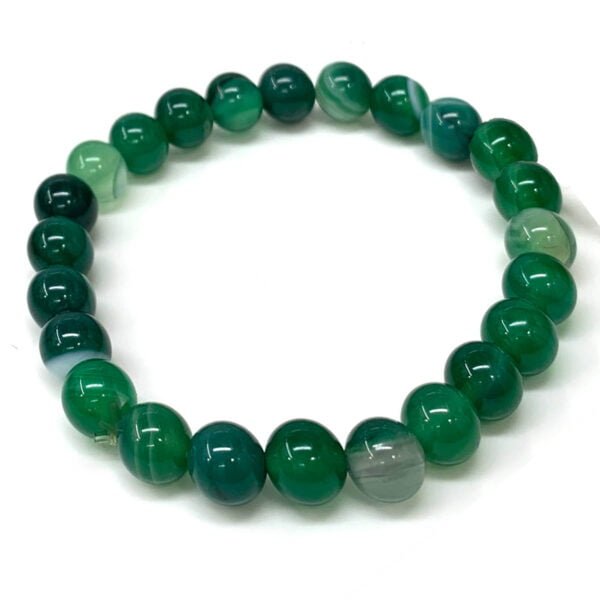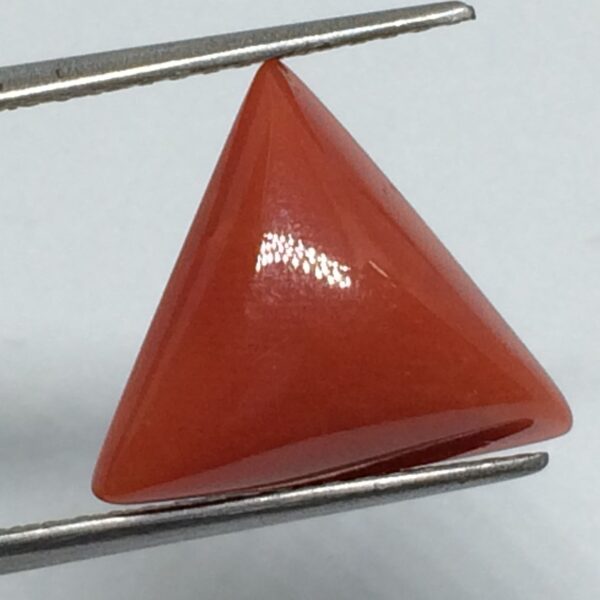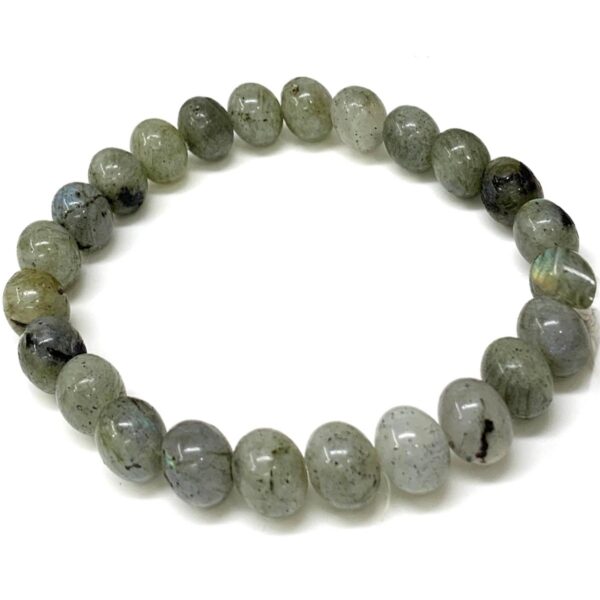- Buying Guide
- Buy Emeralds Online in India at Best Prices- A Complete Guide
- 6 Powerful Emerald Stone Benefits : Life Changing Panna Gemstone with Astrological Importance
- Gemstone Pricing Guide – Factors affecting the price of gemstones
- Yellow Sapphire Benefits – 6 Astrological Uses of Pukhraj
- Scientific Benefits of Gemstones & Their Connection with Astrology
- 8 Celebrities Wearing Blue Sapphire ( Neelam Gemstone)
- Blue Sapphire Benefits – Astrological Effects of Neelam Stone
- Tips on How to Buy Gemstones From Wholesale Market
- Gemstone Certificate Report: How to Read & Actually understand It
Buying Guide, Buying Wholesale Gemstone lots, Gemstones as an Investment, Wholesale Gemstones Trading
Ethics of Gemstones Trading in Delhi: An Overview
The trading of gemstones is important to the economy of Delhi, India’s thriving capital city. Examining the ethics related to this industry is crucial for both gemstone dealers and customers. This guide seeks to provide an in-depth analysis of the ethics of gemstone trading in Delhi.
Have a look!
Historical Perspective
The trading of gemstones has a long history in Delhi. The city has served as a center for traders from around the world who are interested in gemstones. But as demand for gemstones rose, so did the demand for moral behavior to guarantee sustainable development and fair commerce.
The significance of gemstones in Indian culture and their use in religious rituals, jewelry, and therapeutic practices are documented in ancient scriptures and historical accounts. Although generations have carried on the heritage of gemstone trading, certain issues necessitate a reevaluation of ethical standards.
Labor Conditions
Ethical gemstone buying and selling in Delhi is mainly reliant on physical labor. Fair labor practices, ensuring adequate pay, creating secure workplaces, and forbidding child labor are priorities for ethical gemstone sellers.
Additionally, they back programs that empower employees by giving them access to training and education so they can develop their abilities and raise their socioeconomic standing.
Collaborations with local groups and NGOs aid in raising awareness and enforcing moral workplace standards. The trading industry can improve the lives of miners and contribute to sustainable development by supporting fair and safe working conditions.
Supply Chain Transparency
The lack of transparency across the supply chain is one of the major ethical issues in the gemstone industry. An opaque market is a result of illegal actions like smuggling and illegal mining. Due to this lack of transparency, customers need help understanding the origin and journey of the gemstones they buy.
Ethical dealers foster transparency by obtaining gemstones from trustworthy mines, keeping accurate records, and abiding by international laws. In order to assure the authenticity and legal origin of gemstones, third-party certifications, and audits are essential.
It is being explored whether blockchain technology may improve supply chain transparency and enable customers to track the journey of gemstones from the mine to the market.
Conflict Gemstones
Blood Diamonds, sometimes known as conflict gemstones, are a major source of worry for the gemstone business. These precious stones are mined in conflict areas and sold to fund hostilities. Conflict gemstone sales contribute to the continuation of bloodshed, violations of human rights, and unrest in the afflicted areas.
By purchasing from areas with ethical mining practices, genuine gemstone dealers in Delhi consciously steer clear of conflict gemstones. This strategy employs stringent laws and certification procedures in an effort to stop the commerce in conflict gemstones. Ethical dealers also practice due diligence to make sure that there is no connection between their supply chains and conflict gems.
The industry may help promote peace and stability in the afflicted areas by refusing to support the trade in conflict gemstones.
Community Development
Ethical gemstone trade can benefit local communities. Dealers that practice ethical gemstone trading can promote community development initiatives like infrastructure, healthcare, and education. Ethical actions offer prospects for social and economic advancement by assisting these projects.
Additionally, some businesses follow fair trade principles, making sure that a reasonable portion of income is returned to the communities that are involved in the mining of gemstones. This raises the standard of living for miners and their families while encouraging a sense of social responsibility within the sector.
Collaborations with local groups ensure that their opinions are heard and that the mining and commerce operations respect their cultural heritage.
Consumer Awareness
Customer awareness and demand for ethically produced gemstones are also important factors in ethical gemstone mining and trade. Educating customers on the value of ethical behavior and the presentation of facts about the origin and journeys of gemstones can help the industry improve.
We at Rajendras Gems, make sure to share all the essential information that a client needs to ensure their satisfaction. We also curate detailed guides as blogs for our consumers who are looking to buy gemstones online.
Transparency is frequently given top priority by ethical gemstone traders in their marketing campaigns, underscoring their dedication to sustainability and fair trade. Demand from customers for gemstones that were sourced responsibly inspires additional businesses to follow ethical standards, which has an industry-wide impact.
Consumers can support the advancement of moral standards and promote ethical behavior within the gemstone business by making well-informed decisions.
Gemstone Trading at its Best in Delhi, India: Rajendra’s Gems World
There is a rising dedication and knowledge of ethical practices when it comes to the gemstone industry’s influence on the economy, working conditions, supply chain transparency, conflict gemstones, and community development. The Delhi gemstone trade can work towards a more morally upright future by fostering sustainability, fair labor, supply chain transparency, community development, and consumer awareness.
Continued cooperation with stakeholders, including miners, traders, governments, and consumers, is essential to secure the long-term viability and moral expansion of the gemstone mining and trade sector.
Visit Rajendra’s Gems World today and purchase ethically sourced 100% natural gemstones. Whether you’re purchasing them for spiritual, ornamental, or investment purposes, we’ve got something for everyone! Our gemstones are certified by government labs that ensure credibility at each stage. Check out our wide range of gemstones available in numerous shapes and sizes.















